From the CEO: Holidays Celebrate Our Shared Humanity
I grew up as an African American steeped in the cultures and traditions of the Black Baptist Church. I appreciated the belonging of our church community and I was inspired by the values of service, love, compassion and forgiveness. I still recall the first time, as a young adult, I attended Catholic mass; one of my professors at Seattle University, a Jesuit Catholic school that enrolled students of all faiths, races and ethnicities, invited me to come along with him.
“But I’m not Catholic,” I said to him.
“Yes, but you are a human being,” he replied, “and I’m inviting you as my friend.”
If there is any time of the year that we human beings embrace our commonality of values, it is during the month of December, where the cultural and religious holidays and celebrations impel us to rise above that which tends to isolate us and embrace the joy of community.
As our nation becomes more racially and culturally diverse, if we allow ourselves to step out of our own traditions and communities and experience new ones, we might learn that we have much in common. The December holidays give us an opportunity to be a community that finds strength in our incredible diversity, in our learning and our love.
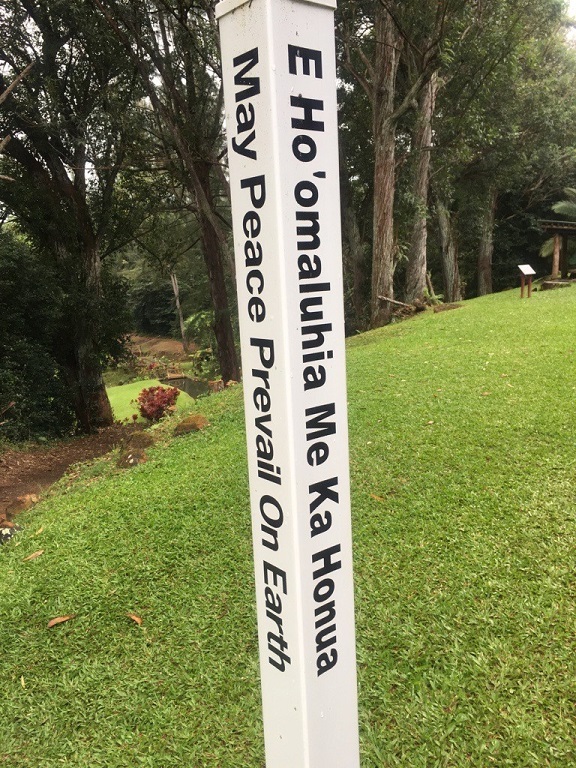
The commonality of values of Judaism, Christianity and Islam, during this time of year and other times of year are seen in our holidays and celebrations. They are threaded in the fabric of other faiths and by people who do not practice faith. They are seen in the commonality of our faiths but they are not dependent upon the practicing of any religion or a certain faith. It is about the choices we make in how we live our lives and interact with each other. That is what makes me hopeful serving as president and CEO of United Way of King County and being a long-time resident of this community.
I’ve had the pleasure of reflecting upon this in two recent conversations: one with my friend Rabbi Will Berkovitz, CEO of Jewish Family Service, and one with Kuri Jallow, United Way’s Annual Fund associate director who is of the Muslim faith.
Rabbi Berkovitz told me that community is at the core of his faith, that Judaism isn’t about an individual seeking a relationship with the Divine but “a community seeking that relationship.”
“As Jews our job is repair the brokenness in the world [Tikun Olam],” Rabbi Berkovitz added. “We are commanded to see the presence of the Divine in the face of the other and in doing this we transform relationships from I-It, to I-Thou. We are told to struggle with big questions, not settle for easy answers. There is no word for charity in the tradition. The word we use is tzedakah, which comes from the word ‘justice.’”
We are told to struggle with big questions, not settle for easy answers.
Rabbi Will Berkovitz, CEO of Jewish Family Service
Kuri emphasized acceptance and love among us, which many faiths exemplify through the practice of tolerance.
“’Lakum deenukum wa aliya deen,’ as quoted from a verse in the Quran, meaning, “To you be your religion and to me mine,’” Kuri said. “This is calling for tolerance in our community and to live along each other in peace. Therefore, as God’s choice, holy and loved, put on compassion, kindness, humility, gentleness, and patience. Be tolerant with each other and, and if someone has a complaint against anyone, forgive each other.”
Be tolerant with each other and, and if someone has a complaint against anyone, forgive each other.
Kuri Jallow, United Way’s Annual Fund associate director
December is widely known for the Jewish holiday of Hanukkah and the Christian holiday of Christmas. There is also the Buddhist holiday of Rohatsu (Bodhi Day) on December 8, the celebration of Kwanzaa, which begins December 26 and Yule, a Wiccan holiday that begins at sundown at the winter solstice, December 21. Whether you celebrate holidays this month or you merely take joy in the sense of community and joy they bring, we encourage you to take this opportunity to lean into the values shared by many cultures and faiths. It is what makes us all human beings and what will enable us to make this region a great place for all.

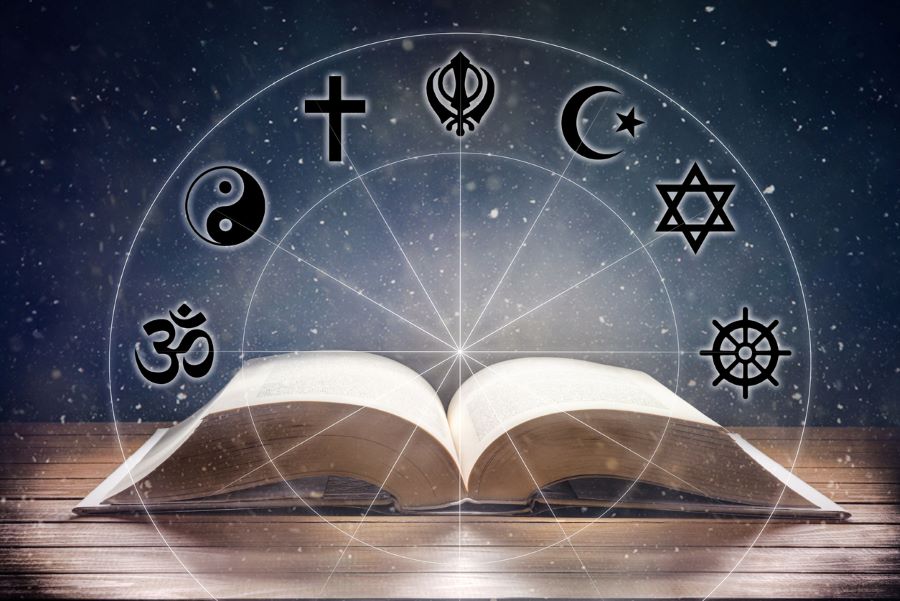
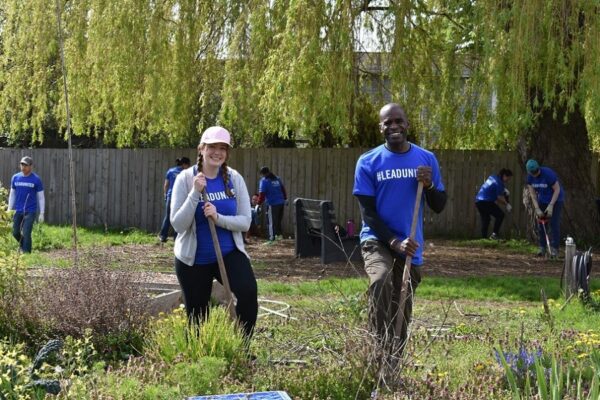
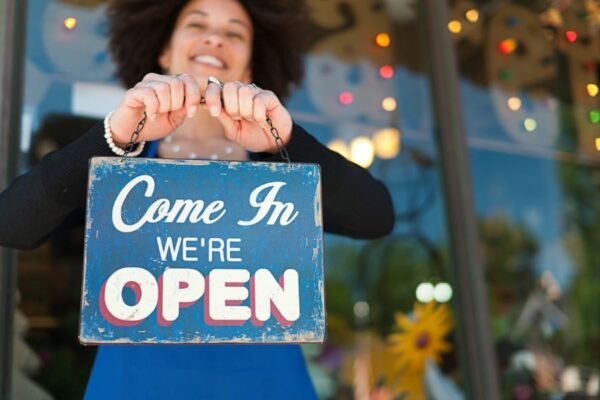
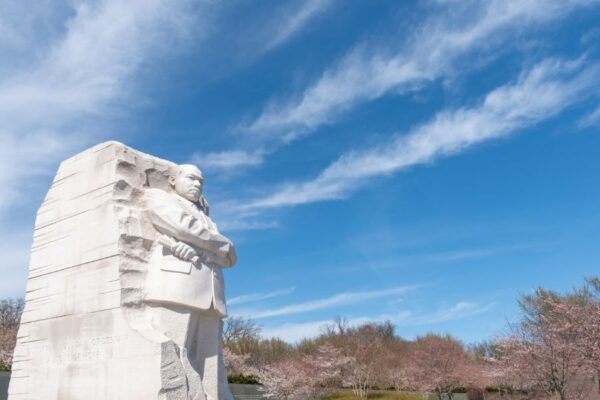
Comments